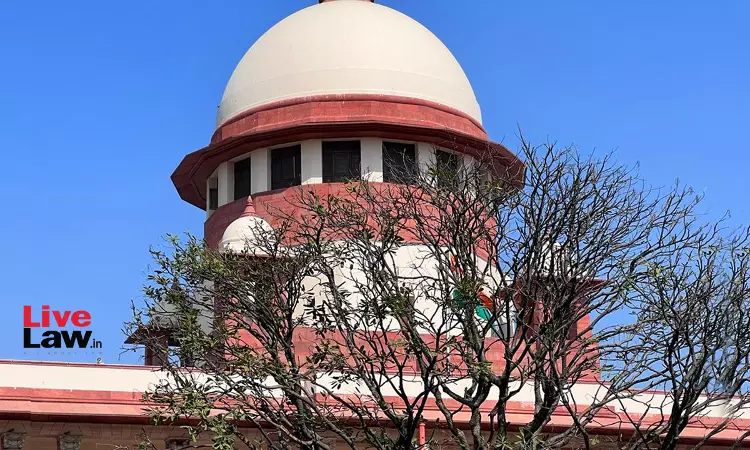Police SI Selection | Supreme Court Finds Fault With HC For Not Considering Candidates' Objections To Questions
Awstika Das
2 May 2023 7:22 PM IST

Next Story
2 May 2023 7:22 PM IST
In a major relief to a section of police job aspirants in Jharkhand, last week, the Supreme Court set aside a high court order denying relief to candidates for the post of police sub-inspector who did not receive minimum qualification marks in a limited competitive examination, but had raised objections with respect to nine questions before the declaration of results. The...
